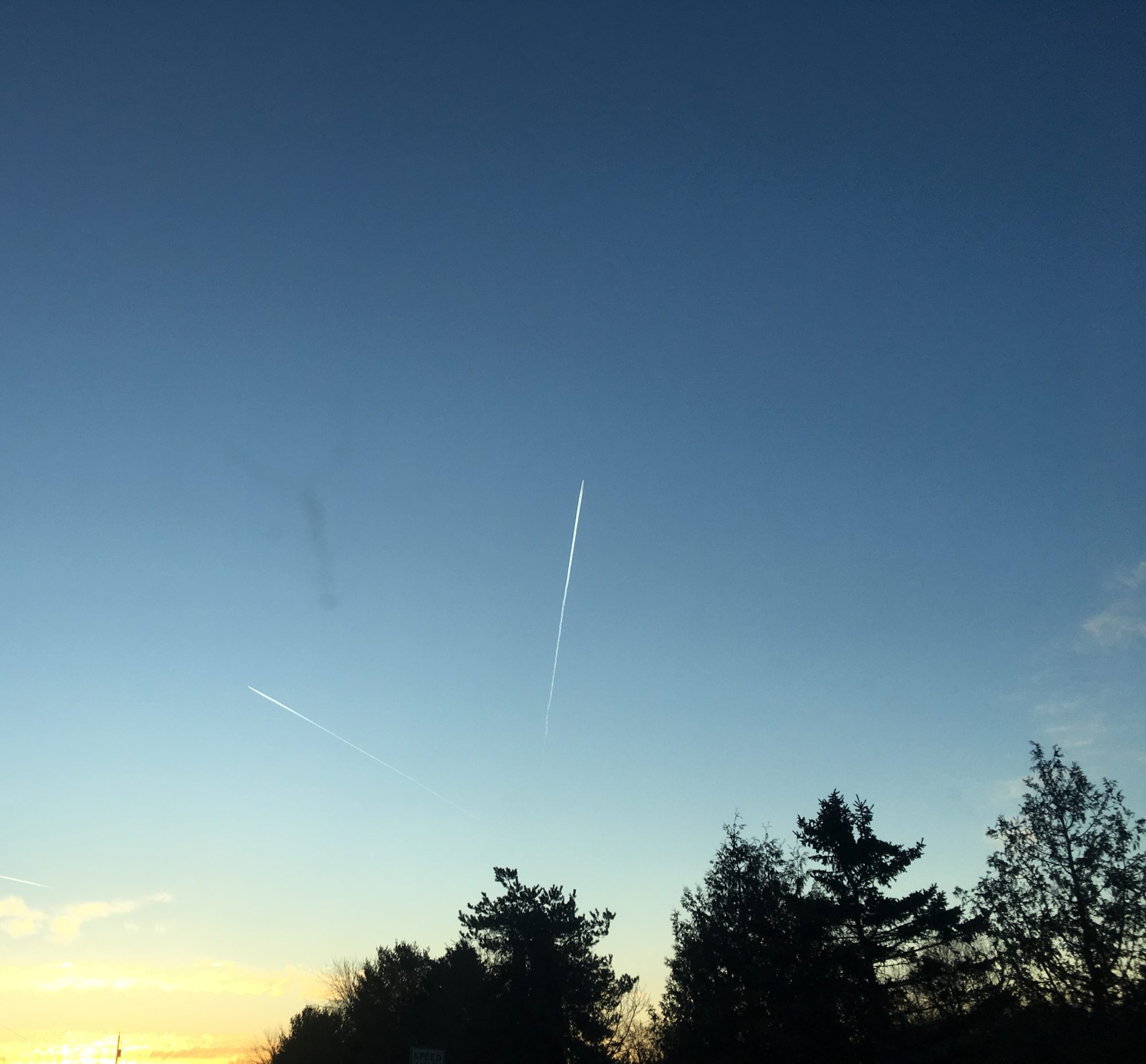
The universe is 14 billion years old. The observable universe has a diameter of 93 billion light years. There are at least 2 trillion galaxies. Each of those could have 100 billion stars. The human mind goes blank attempting to fathom numbers this large. We were made to count to ten.
And who are we humans riding the edge of the Milky Way? People have wondered this for millennia, including the author of Psalm 8.
When I consider your heavens,
the work of your fingers,
the moon and the stars,
which you have set in place,
what is mankind that you are mindful of them,
human beings that you care for them?
Some say we are highly evolved hominids — no more. This is the humanistic view.
Psalm 8 says this:
You have made them a little lower than the angels
and crowned them with glory and honor.
You made them rulers over the works of your hands;
you put everything under their feet.
So we are glorious rulers over Creation, the Bible says. And it’s true enough. Look at any city and behold the work of humans bending nature to their desires.
But if we are rulers over Creation, are we benign governors, or tyrants? Are we not also caretakers? Furthermore, are we not part of Creation, rather than only over Creation?
The big question is: What is the nature of our relationship to Creation?
My answer is that we are gardeners of Creation, preserving the soil, air, water and seed so that next year we have food. We use Creation for our needs, but we also called to tend to its needs and well being.
What’s your answer?
